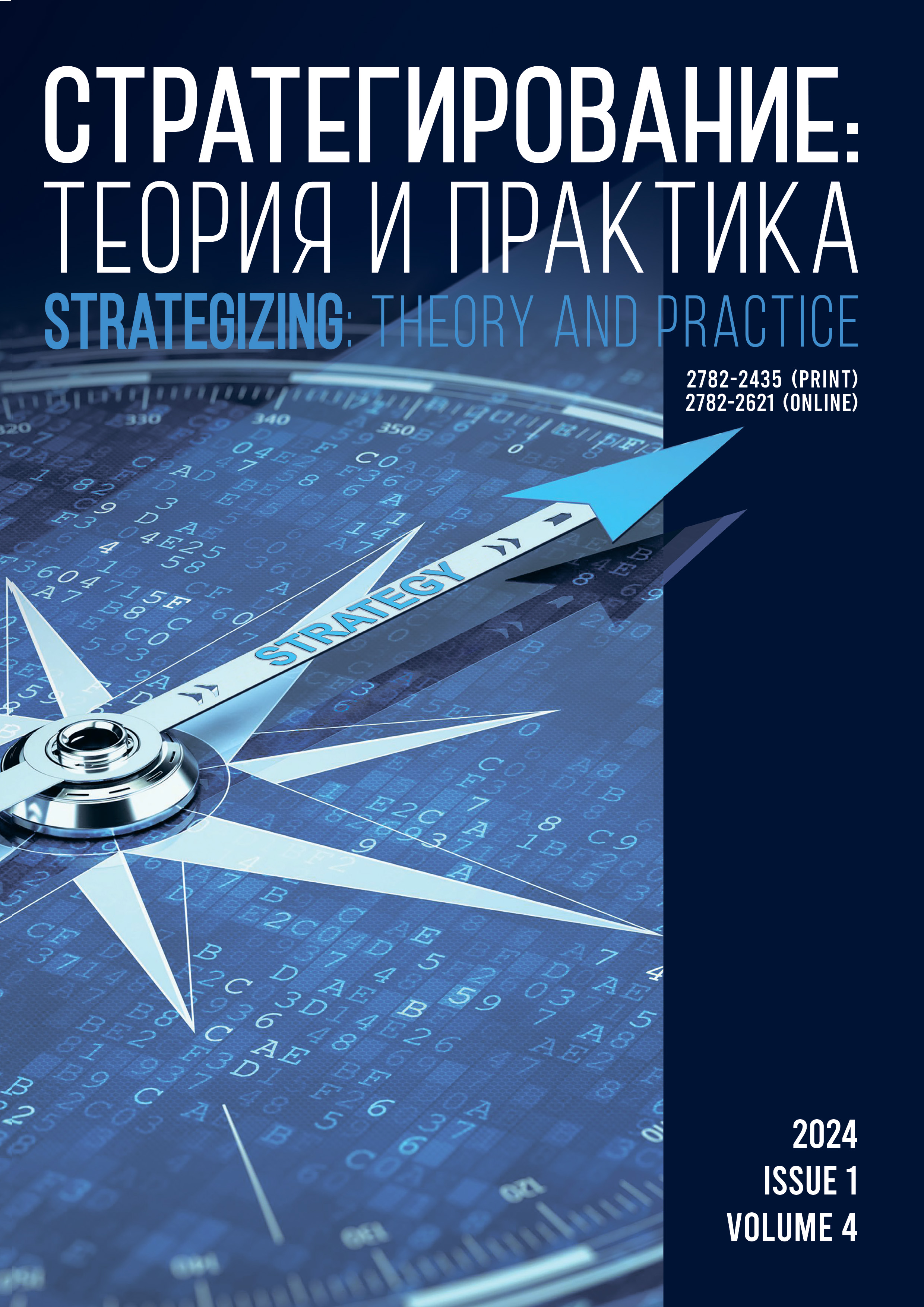from 01.01.2020 until now
Vladivostok, Russian Federation
Vladivostok, Russian Federation
The article introduces a strategic analysis of tourism in Russia in general and the Primorye Territory in particular. Sustainable territorial development depends on various strategic factors. A region can achieve successful socio-economic development in tourism only by meeting the needs of its residents and potential tourists. This study covered four areas of experience economy, i.e., entertainment, learning, aesthetics, and escapism, as well as some other factors that shape the touristic attractiveness of the Far East as a source of unforgettable impressions. The prioritizing procedure was based on the methodology developed by Professor V.L. Kvint. Experience economy proved to render new opportunities to the strategic development of regional tourism. For potential visitors to the Russian Far East, service quality appeared to be less important than the opportunity to get new unforgettable experience.
experience economy, strategizing, strategic priorities, tourism industry, Primorye Territory, creative industries, competitive advantages
1. Kvint VL. The concept of strategizing. Kemerovo: Kemerovo State University; 2020. 170 p. (In Russ.) https://doi.org/10.21603/978-5-8353-2562-7
2. Kvint VL. O vybore prioritetov [Prioritizing]. Byudzhet [Budget]. 2016;(11):78-81. (In Russ.)
3. Kvint VL, Okrepilov VV. Teoriya i praktika vzaimosvyazi kategoriy “khoroshaya zhiznʹ” i “kachestvo zhizni” [Theory and practice of the relationship between the categories of “good life” and “quality of life”]. Ehkonomika kachestva [Quality Economics]. 2013;(4):1-16. (In Russ.)
4. Kozyrev AA. Study of methodological basis of strategizing of social and economic development. Russian Journal of Industrial Economics. 2020;13(4):434-447. (In Russ.) https://doi.org/10.17073/2072-1634-2020-4-434-447
5. Kozyrev AA. Regional and sectoral strategizing of economic and social development. Strategizing: Theory and Practice: Collection of selected research articles and proceedings of the Fourth International Research-to-Practice Conference; 2021; Moscow. Moscow: Moscow University Press; 2021. p. 78-85. (In Russ.)
6. Kolodiy NA. Ehkonomika oshchushcheniy i vpechatleniy v turizme i menedzhmente [Economy of sensations and experience in tourism and management]. Moscow: Izdatelʹstvo Yurayt; 2019. 326 p. (In Russ.)
7. Pine II BD, Gilmore DKh. Ehkonomika vpechatleniy: Kak prevratitʹ pokupku v zakhvatyvayushchee deystvie [Field Guide for the Experience Economy]. Moscow: Alʹpina Pablisher; 2018. 381 p. (In Russ.)
8. Sasaev NI. The primary assessment of the industrial strategic priorities effectiveness. Russian Journal of Industrial Economics. 2023;16(3):299-311. (In Russ.) https://doi.org/10.17073/2072-1633-2023-3-299-311
9. Pyatovskiy AA, Sadovnichaya AV, Chkhotua IZ, Yumatov KV. Strategic priorities of development of tourism and exhibition and fair activities in Kuzbass. Russian Journal of Industrial Economics. 2020;13(3):339-347. (In Russ.) https://doi.org/10.17073/2072-1633-2020-3-339-347
10. Khvorostyanaya AS. Using financial strategy techniques to manage creative economic assets. Economics and Management. 2017;142(8):67-74. (In Russ.)
11. Khvorostyanaya AS. Strategizing of the creative economy youth innovation ecosystem national brands (South Korean experience). Administrative Consulting. 2023;171(3):46-56. (In Russ.) https://doi.org/10.22394/1726-1139-2023-3-46-56
12. Khvorostyanaya AS. Strategic role of the technology transfer centers in the development of creative industries of the economy. Creative Economy. 2020;14(7):1221-1238. (In Russ.) https://doi.org/10.18334/ce.14.7.110546
13. Chernikov IA. Economy of experience in the dynamics of modern culture. Bulletin of the Moscow State University of Culture and Arts. 2020;96(4):59-68. (In Russ.) https://doi.org/10.24412/1997-0803-2020-10406
14. Chkhotua IZ, Khvorostyanaya AS. Strategic priorities of developing a communication strategy for a tourist brand. Russian Journal of Industrial Economics. 2021;14(2):172-183. (In Russ.) https://doi.org/10.17073/2072-1633-2021-2-172-183
15. Shapinskaya EN. Massovaya kulʹtura: teorii i praktiki [Mass culture in theory and practice]. Moscow: Soglasie; 2017. 384 p. (In Russ.)
16. Shmitt B, Rodzhers D, Vrotsos K. Biznes v stile shou: marketing v kulʹture vpechatleniy [Business in show style: Marketing in experience culture]. Moscow: Vilʹyams; 2005. 399 p. (In Russ.)
17. Bille T. The Nordic approach to the experience economy: Does it make sense? Frederiksberg: CBS; 2010. 24 p.
18. Pine II BJ, Gilmore JH. The experience economy: Work is theater and every business a stage. Boston: Harvard Business Press; 1999. 254 p.
19. Sieczko A, Parzonko AJ, Bienkowska-Gołasa W. Principles of the experience economy in designing an agritourism product. Agricultural Economics. 2020;66(4):175-182. https://doi.org/10.17221/209/2019-AGRICECON





